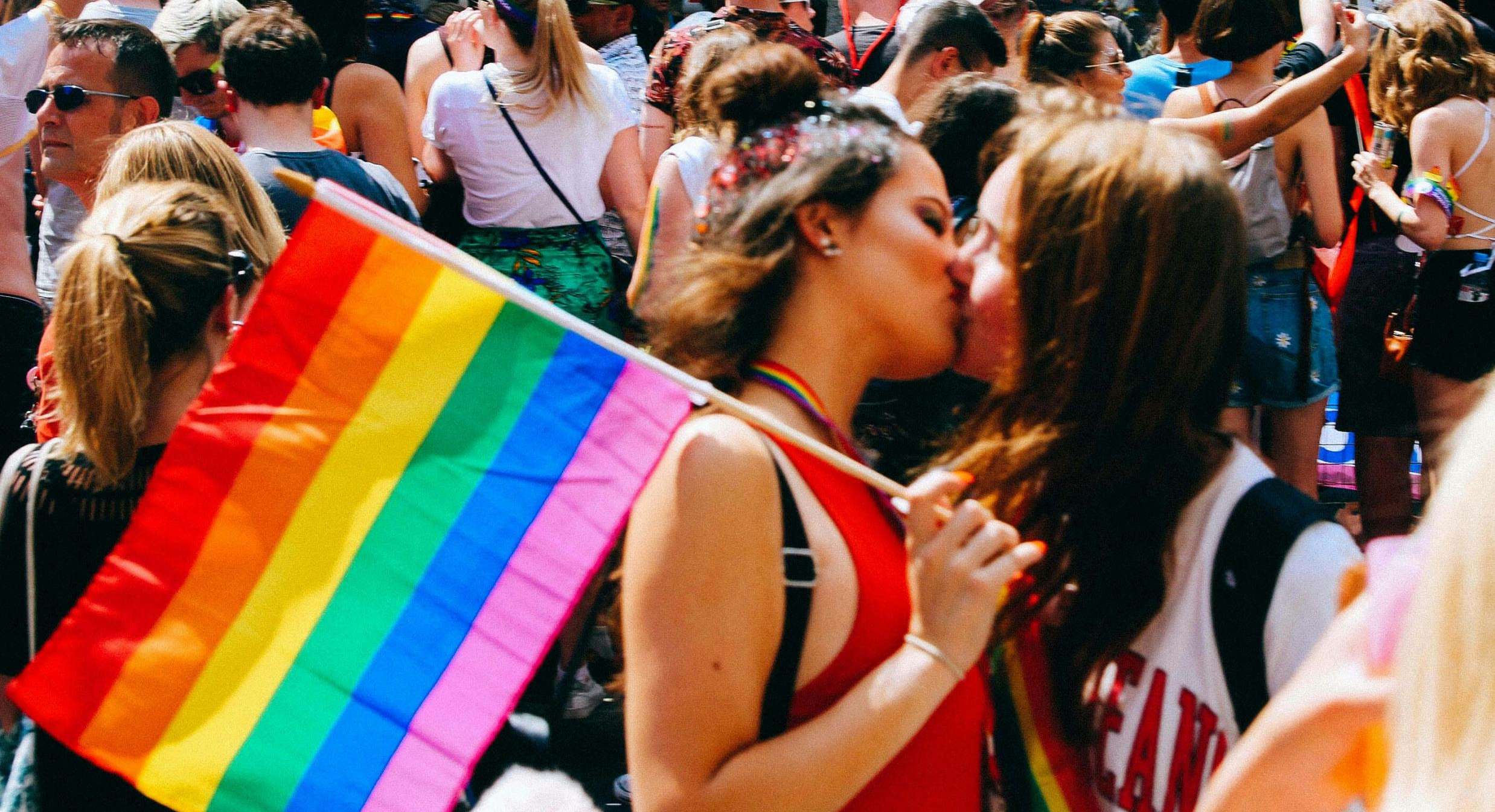|
Did you know that libraries didn't used to have a children's section? Books for kids were much harder to come across in those days, and though more affluent families would've had a collection at home, poorer families weren't likely to have any, assuming they could read at all. This was until New York librarian Anne Carroll Moore came along and introduced the children's section of the library, making reading more accessible, particularly to working class kids. Moore was a complex figure in history however, as this episode explores.
|
|
|
Enable India is a disability rights organisation in the southern Indian city of Bengaluru. They are running a project training visually impaired women to detect breast lumps or abnormalities using their heightened sense of touch. The women make measurements via braille-marked tapes.
Dr Frank Hoffmann, who devised this method, says human touch can detect “lumps as tiny as 6-8mm, as opposed to the larger, 10-20mm ones sighted physicians are able to find.”
|
|
Part of the project's goal is to ensure breast screening is available in every village in India. In India, breast cancer is the leading cause of death from cancer among women, and often cases are diagnosed very late which impacts survival rates.
Medical tactile examiners (MTEs) are a valuable tool in fighting these odds, particularly in rural places where mammograms cannot reach. Having a blind examiner can also make the patient feel more comfortable being examined.

|
|
|
“Being an MTE gives me the feeling that I have a unique quality to do something that only I can do as a disabled woman.”
|
|
|
The Wide Awake festival in London boasted an equal gender split in its 2023 line-up this year, offering a stark contrast to Glastonbury's male-dominated selection of headliners. The festival's co-founder, Keith Miller, discussed this success and their focus on highlighting up-and-coming artists as well as established names, such as headliner Caroline Polacheck. Miller emphasised that setting a 50/50 target from the start results in increased engagement with female artists, proving the excuses around a supposed small pool of female artists who can sell a large number of tickets completely inadequate.

|
 |
|
Disability charity Scope express concern over recent media coverage of disability benefits. An old and disproven narrative is re-emerging, suggesting that disabled people who claim benefits may just be "lazy" or somehow cheating the system. In reality, the universal credit payment rates are very low and barely enough to live on. Scope are calling for the media to accurately cover the failings of this welfare system, rather than attacking the people who are already struggling within it, so many of whom are living in poverty due to no fault of their own. Let's change the narrative.

|
|
|
Formerly recognised as a world leader in defending the rights of LGBTQIA+ individuals, the United Kingdom is now the subject of serious concern from outside experts about a decline of those rights. The Gender Recognition Act of 2004 has not undergone meaningful reform, conversion therapy has not been officially outlawed, and the Equality and Human Rights Commission has proposed changes that may violate international human rights law, among other critical issues. Further aggravating the situation is a toxic and hostile public discourse about LGBTQIA+ rights that specifically targets trans people. Experts worry that these people's safety and dignity, which were previously protected, are now seriously in jeopardy.
|
|
|
According to a recent study, black people in England and Wales were three times more likely than white people to receive fines for violating Covid-19 regulations. According to this study, residents of poorer areas were seven times more likely to receive a fine than residents of wealthier areas. These conclusions were reached after a thorough analysis of fines levied between March 2020 and May 2021. The report found an alarming pattern of higher fines for members of ethnic minorities across all regions. People from ethnic minorities were more likely to receive a fine that was more than twice as high in England and Wales.

|
|
|
June is Pride month, and the American conservative right is continuing their attack on companies who align themselves with the LGBTQIA+ community. And sadly, these tactics have been working. After the Bud Light backlash, attention shifted to other companies, such as Target, who were forced to pull some of its Pride collection due to pressure and threats. A rightwing commentator said, “The goal is to make ‘Pride’ toxic for brands,” however, there are companies standing firm, such as North Face. The outdoors company was attacked for having children's clothes with rainbow flags on and a drag queen featured in a Pride advert.
While there is little chance of the right stopping their campaign of hatred, we hope that more companies will stand strong and partnered with the LGBTQIA+ community.

|
|
|
We are hurtling headlong into the age of AI, and you may have already had contact with it through hiring processes and been rejected for any number of reasons based on bias within the AI itself. The example used most often is of the in-house AI that Amazon used which was fed 10 years of resumes. With tech being a male dominated industry, the AI learned to be biased against women. And while Amazon dropped this AI when it could not be fixed, it is far from the only example.
Experiments have been conducted revealing biases towards candidates with Black – sounding names, specific accents or even if you had a bookcase behind you during the interview.

|
|
|
|

